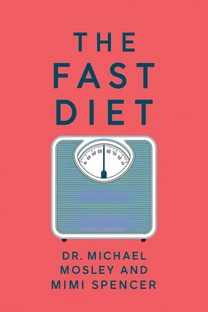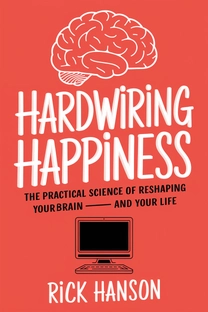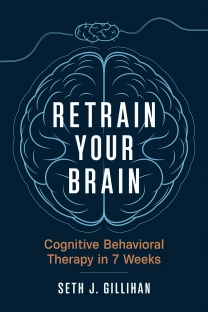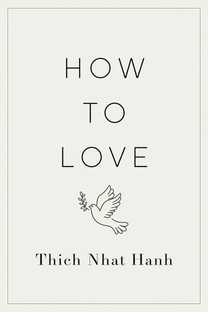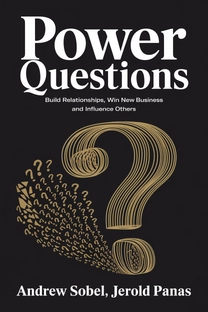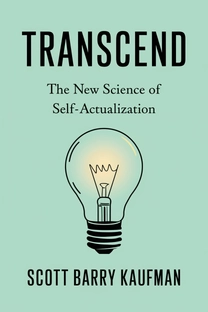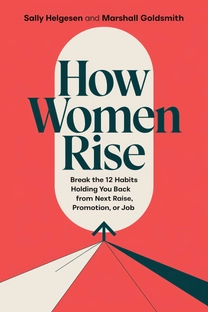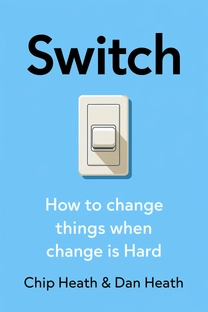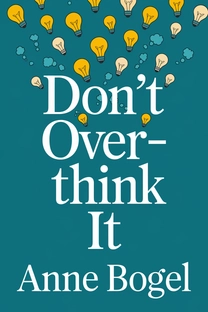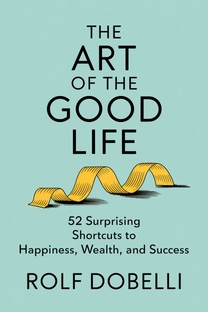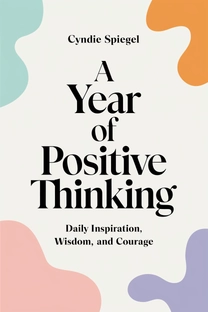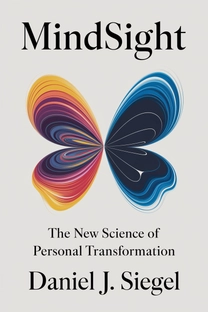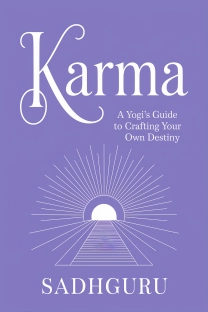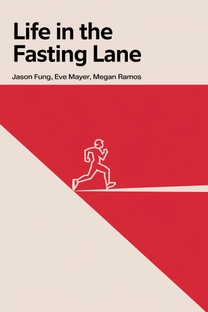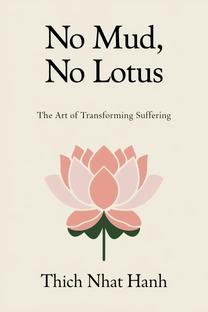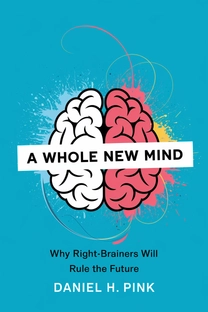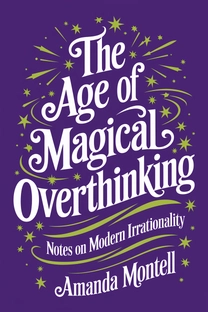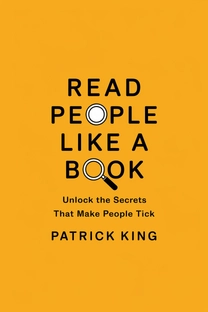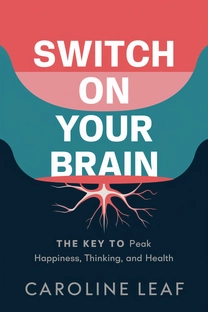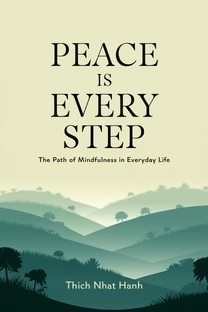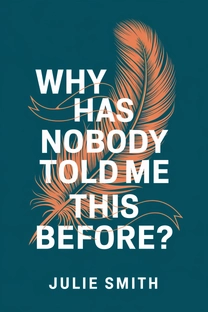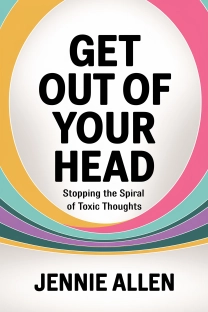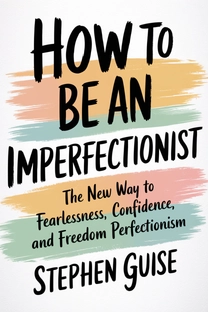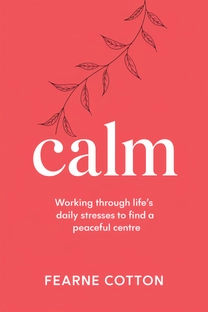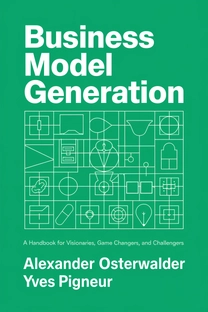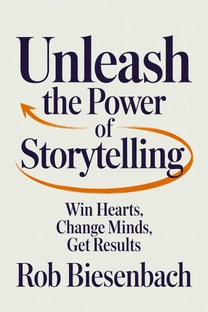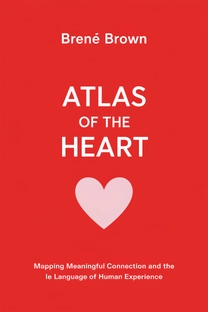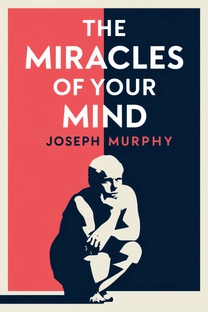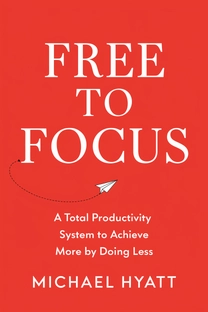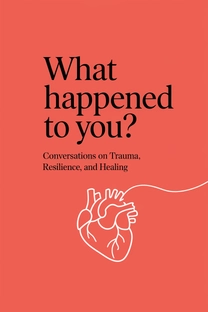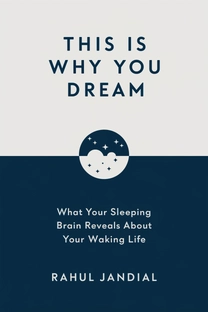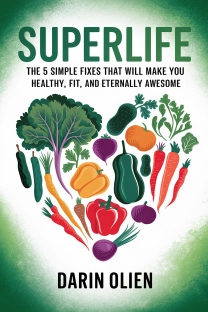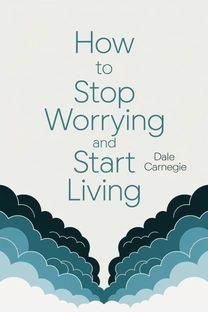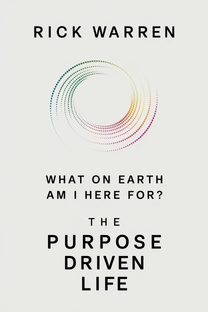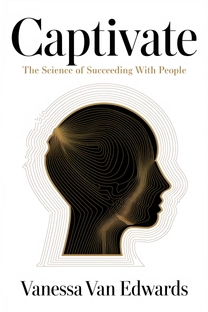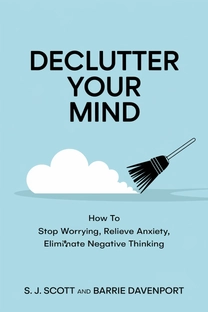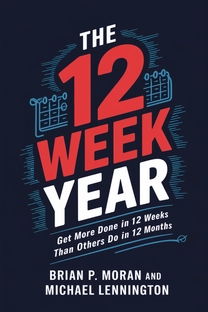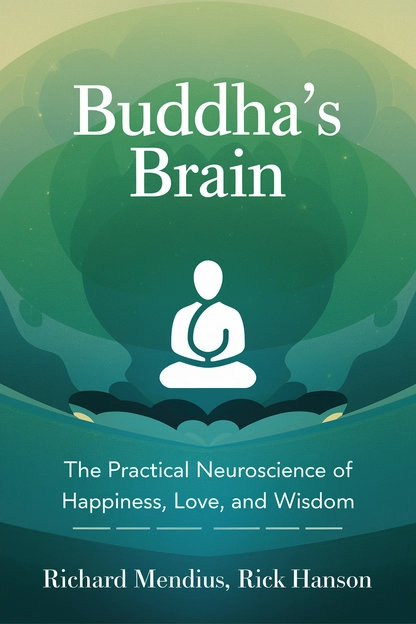
Buddha’s Brain
The Practical Neuroscience of Happiness, Love, and Wisdom
by Richard Mendius, MD, Rick Hanson, PhD
Brief overview
This book explores how insights from neuroscience intersect with ancient contemplative practice to help you cultivate more resilience, kindness, and inner peace. It offers practical methods for guiding your own brain toward less stress and greater contentment, showing how you can shrink needless suffering and stimulate a lasting sense of well-being. Step by step, you’ll learn to understand your mind better, reset unhelpful patterns, and deepen your happiness and wisdom.
Introduction
We all long for a deep sense of contentment and peace, yet everyday life can leave us frazzled, tense, or discouraged. Scientific discoveries confirm that our brains are shaped not just by heredity, but also by how we use them day to day. This is tremendous news, because it means we can transform how we experience both the outer world and our inner lives.
By combining neuroscience with contemplative wisdom, we get practical tools that tap into the brain’s natural ability to learn and adapt. Meditation, awareness, and specific exercises actually strengthen beneficial neural pathways. Over time, small daily changes add up, leaving you calmer, more connected, and happier.
In this summary, you’ll discover why the mind so easily drifts to stressful thoughts and what you can do to shift that pattern. You’ll see how to gently stimulate positive feelings and how empathy fuels healthy, fulfilling relationships. More than a theoretical framework, this is about shaping your day-to-day mind—starting right now.
Why the Brain Shapes Happiness
From evolutionary days, our brains developed survival tactics: noticing threats, staying alert, and constantly scanning for what might go wrong. This negativity bias once kept us alive in dangerous environments, but today it often causes chronic tension. We grow reactive, worry about small upsets, and overlook real joys.
The amygdala, a key alarm center in the brain, quickly spots possible dangers. In moderation, this readiness can be helpful—like jumping away from a speeding car. Problems arise when everyday hassles make us feel perpetually on guard. What evolved to help us can, in modern life, lead to oversensitivity or burnout.
Thankfully, neuroscience now shows we aren’t locked into these old stress patterns. By learning to engage the parasympathetic nervous system and focus on positive experiences, we can reduce the threat signals that drain us. This sets the stage for genuine well-being, allowing us to rest in a stable sense of safety.
It isn’t about ignoring real problems but about renewing an instinct for calm. With consistent practice, your mind rewires to notice and appreciate the good, not just brace for the bad.
What is Buddha’s Brain about?
"Buddha's Brain: The Practical Neuroscience of Happiness, Love, and Wisdom" by Richard Mendius, MD, and Rick Hanson, PhD, masterfully bridges the ancient teachings of Buddhism with modern neuroscience to explore the potential of the human brain. This transformative guide offers readers tangible methods to cultivate resilience, kindness, and peace by understanding how your brain processes negative experiences and how to nurture an optimistic mindset. By delving into practical exercises and mindfulness techniques, you can train your mind for real, lasting contentment and emotional stability.
In "Buddha's Brain," you'll uncover the hidden mechanisms behind stress and happiness, learning to change your mindset by understanding brain function. Through science-backed insights, the authors demystify complex neurological concepts, presenting them alongside accessible Buddhist teachings that illustrate pathways to inner peace and well-being. This book isn't just informational; it's transformative, offering a roadmap for mental clarity and compassion, reshaping life's journey toward a more joyful existence.
With its blend of ancient philosophy and cutting-edge science, this book provides readers with tools to deepen their understanding of the mind, fostering wisdom that leads to personal growth. The thoughtful mix of spiritual wisdom and practical science demystifies the road to happiness, allowing readers to thrive in a turbulent world by building a toolkit of mental resilience. It's more than just a book on neuroscience and spirituality; it's a guide to unlocking a peaceful, fulfilled life.
Review of Buddha’s Brain
"Buddha's Brain: The Practical Neuroscience of Happiness, Love, and Wisdom" is a masterstroke in merging ancient wisdom with contemporary scientific insights. The strengths of this book lie in its ability to translate complex neuroscientific insights into digestible information, making it accessible for readers of varying backgrounds. Rick Hanson and Richard Mendius have achieved this effortlessly, guiding us through the intricate dance between our neural pathways and our conscious experiences.
The book's unique value is its practicality. Hanson and Mendius don't just explain the science—they provide actionable strategies that readers can instantly apply. Be it through contemplative practices or mindfulness techniques, the book equips you with ways to restructure your thinking, allowing you to build inner security and reduce self-centered tendencies. Importantly, the writing remains engaging, striking a balance between intellectual depth and reader-friendly prose that keeps even those new to these themes engaged and curious.
For anyone interested in self-improvement, understanding the relationship between brain and emotions, or exploring ways to become more compassionate and connected, "Buddha's Brain" comes highly recommended. This book is for diverse readers, from those beginning their journey into mindfulness to seasoned practitioners. It's more than a read; it's a worthy investment in understanding the dynamics of happiness and wisdom through both ancient and modern perspectives.
Who should read Buddha’s Brain?
- **Mindfulness Practitioners**: Those who practice meditation or mindfulness will find a deeper understanding of how these activities reshape brain pathways to enhance well-being.
- **Self-Improvement Enthusiasts**: Individuals committed to personal growth and development can leverage the strategies presented to cultivate resilience and a positive mindset.
- **Mental Health Professionals**: Therapists and counselors interested in integrating contemplative practices with cognitive science can gain valuable insights.
- **Educators and Life Coaches**: Those teaching mindfulness or emotional intelligence will appreciate the blend of science and spirituality to engage their learners.
- **Anyone Seeking Stress Reduction**: People experiencing stress or anxiety can discover practical techniques to soothe and transform their mental habits for better emotional balance.
About the author
Book summaries like Buddha’s Brain
Why readers love Mindleap
10-Minute Book Insights
Get the core ideas from the world's best books in just 10 minutes of reading or listening.
Curated For You
Discover your next favorite book with personalized recommendations based on your interests.
AI Book ExpertNew
Chat with our AI to help find the best book for you and your goals.
Reviews of MindLeap
Love how I can get the key ideas from books in just 15 minutes! Perfect for my busy schedule and helps me decide which books to read in full.
Alex R.
The summaries are incredibly well-written and the audio feature is perfect for my commute. Such a time-saver!
Jessica M.
Great app for personal growth. The insights are clear and actionable, and I love how they capture the essence of each book.
Chris P.
The app is beautifully designed and the summaries are top-notch. Definitely worth every penny!
Sarah K.


